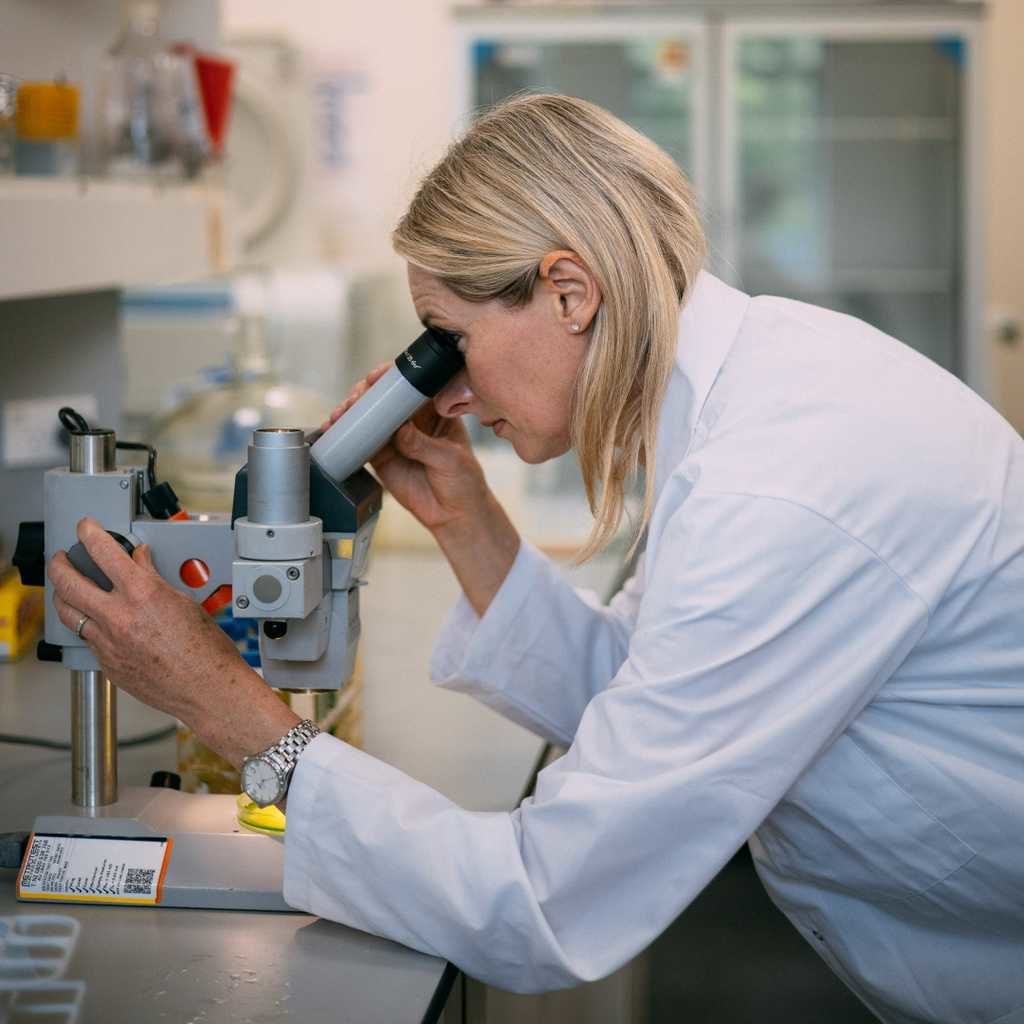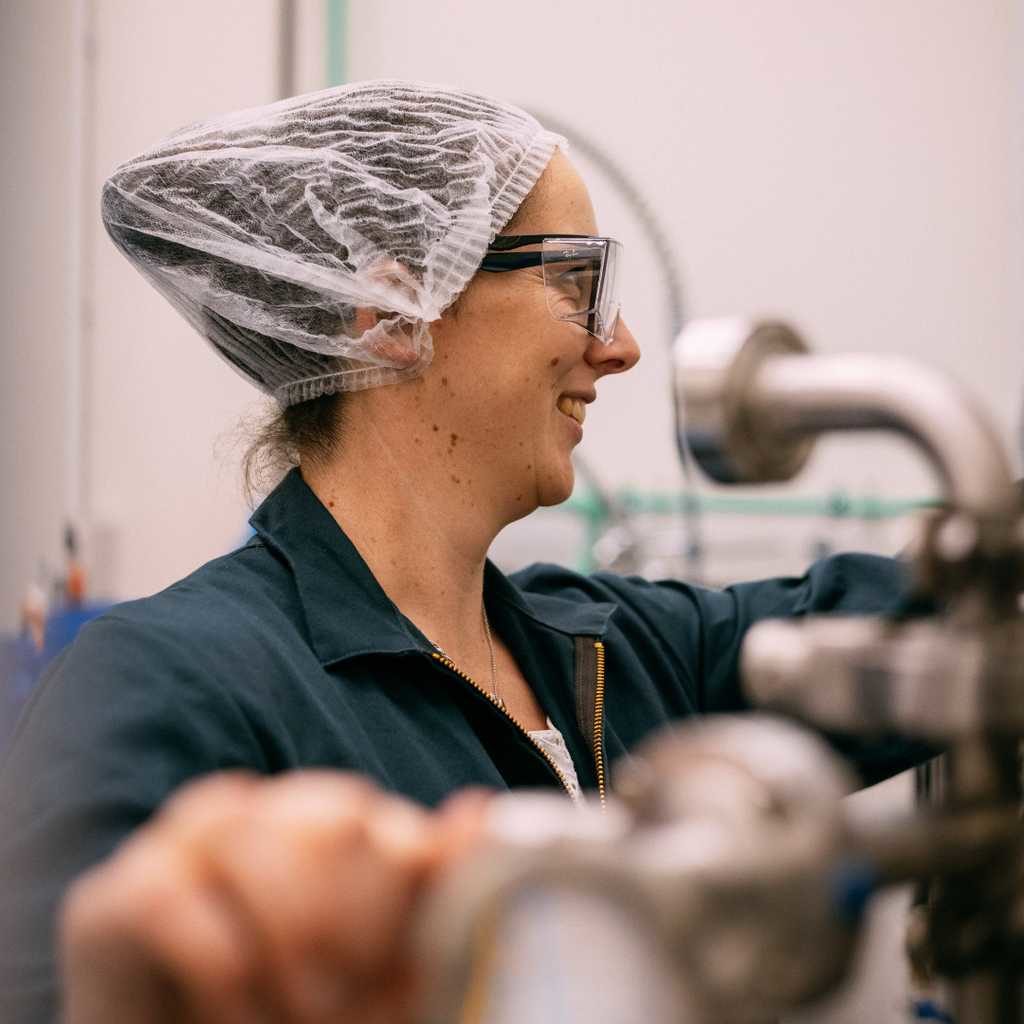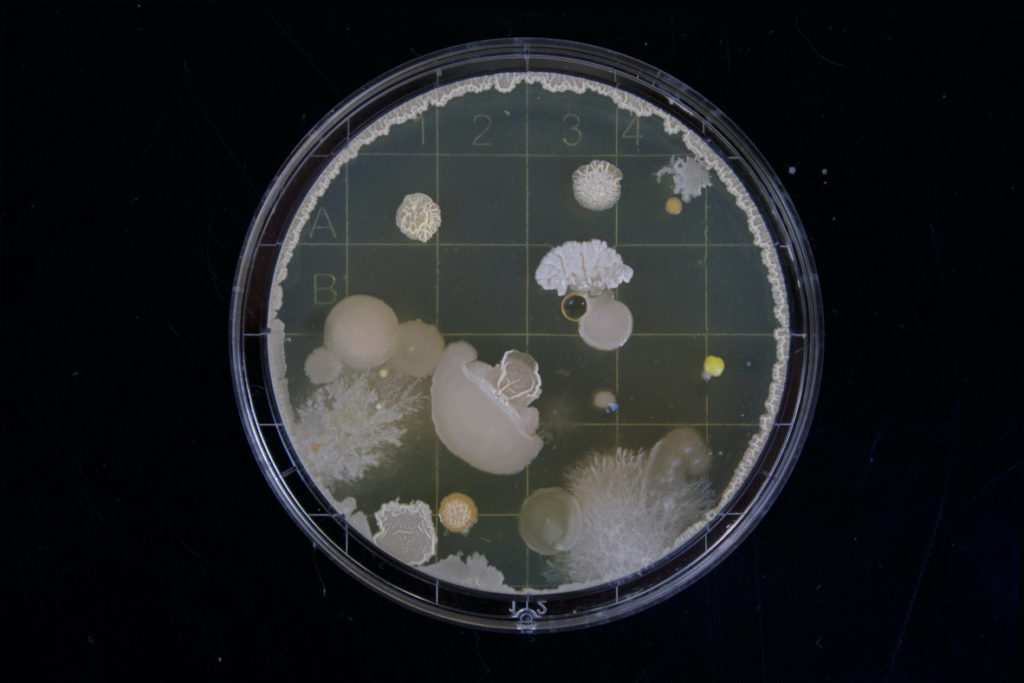4 Mins Read
New Zealand-based Leaft Foods is taking a new approach to plant-based protein development. The company, led by Maury Leyland Penno and Dr John Penno, is extracting protein from a plant’s most abundant element: its leaves. Proof of concept success has led to a now-closed $15 million Series A funding round led by Silicon Valley’s Khosla Ventures, with NBA athlete Steven Adams, indigenous investor Ngãi Tahu and ACC all participating.
With its new funding, Leaft claims it will build out its R&D capabilities, look to start incremental growth and develop a global value chain, including a U.S. launch.

Reimagining future foods
Leaft was founded on the principle of more being more. Every plant utilises “RuBisCo”, a protein essential for the photosynthesis process. By default, this makes it the most plentiful protein source on earth, according to the founding wife and husband team, Dr John Penno and Maury Leyland Penno. Armed with this knowledge, the two set about researching whether the protein could be extracted, safely eaten and marketable.
“Nature’s biggest animals – elephants, buffalo and cattle – are all herbivores who have evolved to digest protein in leaves, especially with the latter two having multiple stomachs,” Dr Penno said in a statement. “But while it’s trapped inside a plant cell, it’s hard for humans to eat enough leaves for a sufficient serving of protein, let alone digest all of that plant matter. Our technology forges a new way to tap plant protein that is tasty, nutritious, scalable and accessible for everyone. It’s truly transformational.”
Preliminary lab results demonstrated that the extracted leaf protein is as nutritionally viable as animal alternatives while being easy for humans to digest and allergen-free. This makes it a potential alternative to wheat and soy-based options. In turn, the extraction methodology offers a sustainable replacement for intensive agriculture.
“We’re reimagining how we make food and this could be a pathway to rapidly decarbonise by allowing farmers to farm in partnership with nature, creating a new approach to regenerative agriculture,” Leyland Penno said.

Plant protein with good nutrition
The extraction of a leaf protein comparable to animal sources is significant, though Leaft makes it clear that most people are already consuming it. When eating spinach, kale, or leafy greens, Rubisco protein is being consumed. Just not in the quantity that it could be, following extraction, processing and supplementation into regular foods.
Rubisco has been shown to have a similar amino acid profile as beef and yet will need less than two percent of all current agricultural land to feed the world’s population. Leaft claims it has a 10x lower carbon footprint per hectare than comparable dairy protein. The potential to radically disrupt the existing food production system is tangible and attracted investors to come on board.
“At Khosla, we are all about investing in technologies that are bold and impactful,” Alice Brooks of Khosla Ventures said about the Series A. “We are excited to be an early investor in Leaft and to work together with the team as they bring in a new era of agriculture and a shift in the way sustainable food is produced at scale.”

The new protein sources gaining traction
Leaf protein is not the only development to start steering the alt-protein sector in a new direction. Last month, Vienna-based Arkeon Biotechnologies revealed it has secured more than $7 million in seed funding to scale its CO2-derived protein production. Claiming to be the first to use gas fermentation and archaea to create a new sustainable food source, the startup hopes to move towards commercial product design.
In Sweden, Mycorena closed a €24 million Series A at the start of March, to take its Promyc concept to commercial release. The fermented fungi-based protein was first debuted in 2019 but is now ready to be scaled and used to create a number of new products.
Over in Australia, lupin protein is set to enjoy popularity, thanks to Eighth Day Foods. The startup has developed a protein source is calls ‘Lupreme’ that will be marketed to food manufacturers for plant-based meat alternatives. Lupins have been identified as a heart and bowel-healthy protein source that creates clean nutrition through regenerative means.
Lead photo of Maury Leyland Penno and Dr John Penno. Photo by Leaft Foods.




